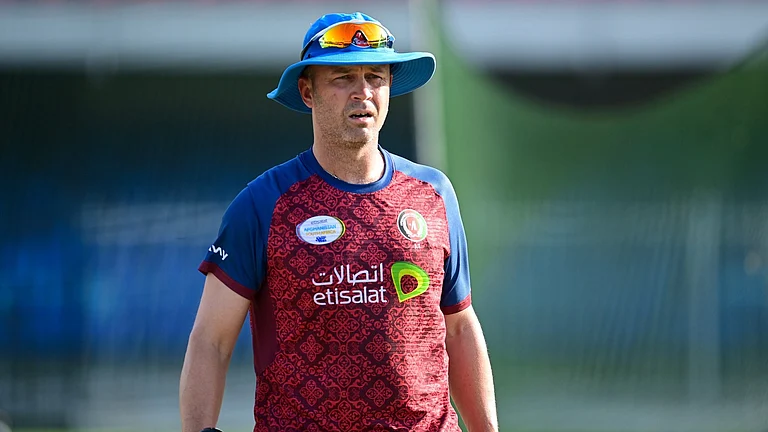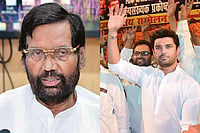Dilip Kumar, who invented method acting without being conscious of it long before it became the buzzword in international cinema, inspired several generations of actors over the decades. From Amitabh Bachchan and Sanjeev Kumar to Naseeruddin Shah and Shah Rukh Khan, almost everybody aspired to act like him but could never come close to the perfection that he mastered in his craft.
Born Yusuf Khan, Dilip belonged to a rarest of the rare breed of actors who lived each of his characters like a man possessed, whether he played the tragedy king and a country bumpkin onscreen. He was the original ‘Mr Perfectionist’ of Hindi cinema who did not take up any project without being passionately involved in it. It was a trait that often earned him the charge of being too interfering and put him in confrontation with his directors but he did not do it as a meddlesome actor bossing around on the sets owing to his phenomenal popularity but because he genuinely wanted to collaborate on the projects that would always stand the test of time.
His astounding repertoire bears ample testimony to it. From Jugnu (1947), Andaz (1949), Aan (1952), Devdas (1955), Naya Daur (1957), Mughal-e-Azam (1960), Ganga Jamna (1961), Ram Aur Shyam (1967) to Kranti (1981), Vidhaata (1982), Shakti (1982) and Saudagar (1991) in his second innings, he redefined versatility in his way. It was not for nothing that they called him an acting university, not merely an acting school, in himself. At the peak of his career, he would get so immersed in the tragic characters that he played during the black and white era that he began to feel depressed in his real life.
Subsequently advised by the doctors to steer clear of melancholic characters for some time, he had to turn down a dream role like Guru Dutt’s Pyaasa (1957) – one of the three movies that he later regretted in life to have refused: Bharat Bhushan’s Baiju Bawra (1952) and Amitabh Bachchan’s Zanjeer (1973) being the other two.
Not Lawrence of Arabia (1962), though. He did not regret having turned down a director of international stature like David Lean who wanted to sign him on Lawrence of Arabia, a role which ultimately went to Omar Sharif and made him an overnight international star. But then, Dilip did not believe in going on a signing spree to cash in on his success. In his career spanning over 55 years, he barely did 60-65 movies. From his debut in Jwar Bhata (1944) to his swan song, Qila (1998), his career remained a veritable reminder of the fact that an actor need not be prolific enough to be remembered by posterity. It is the quality not the quantity of an actor’s work that matters. That is why more than 75 per cent of his work in Hindi cinema is undisputedly counted among the all-time classics today.
Dilip took a long break in the 1970s and barely did a few movies such as Sagina (1974) and Bairaag. (1976) He returned with Manoj Kumar’s Kranti and followed it up with Ramesh Sippy’s Shakti, where Amitabh Bachchan, the megastar of his time, had to play the second fiddle to him. Even in his second innings, with films such as Vidhaata, Mashaal (1984), and Saudagar (1991), he had both the filmmakers and the audiences eating out of his palm. His scene with Waheeda Rahman in Mashaal where he is trying to stop a cab to take his ailing wife to hospital at night is shown to the students of all acting schools.
In an illustrious career, his only regret was that he could not direct a film. Though he was accused of having ghost-directed Ganga Jamna and Dil Diya Dard Liya (1966) in his heyday, his only ‘official’ directorial venture, Kalinga could not see the light of the day in the 1990s.
In his passing at the age of 98, world cinema has lost the last of the great actors. He worked with extraordinary contemporaries, from Ashok Kumar, Raj Kapoor. Dev Anand and Raj Kumar but there was nobody quite like him. Above all, there will be nobody quite like him. He can be compared only to himself for all times to come.


























